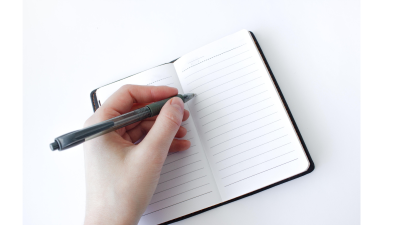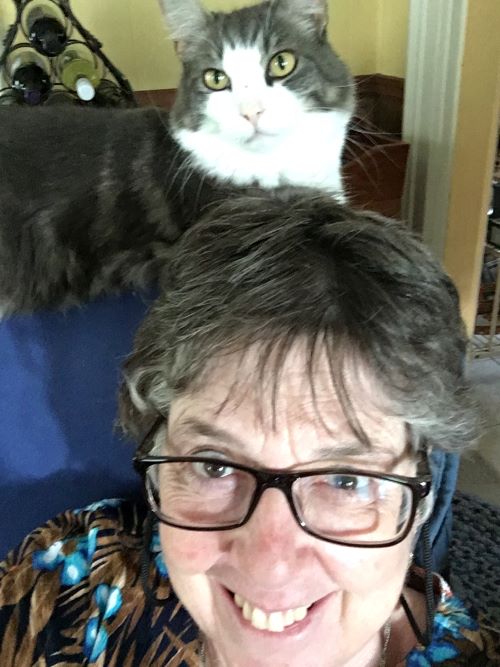
In this guest post, Gifford Volunteer Chaplain Kathy Rohloff shares her personal reflections on resolutions. Whatever your approach to resolutions, we hope you feel supported in this new year. If you need someone to listen, and hear you with compassion, our volunteer chaplains offer a nonsectarian presence. You can reach them by calling the Rev. Tim Eberhardt at 802-728-2107.
By Kathy Rohloff
According to the internet the first resolutions were made during the time of the Babylonians. People resolved to change bad habits so that the gods would see their efforts and give them mercy throughout the year.
Although we no longer placate the gods, one out of every three Americans makes New Year’s resolutions. Most seem to deal with adding exercise to get in shape or quitting and/or cutting down on alcohol or sugar. The goal always seems to reside in improving our physical appearance.
Gym owners regularly add exercise equipment during the first week of January due to the influx of patrons; by the second week the extra equipment is gone along with many resolutions. Gym attendance then returns to normal.
Within six months, many resolutions are forgotten, but the guilt of failing continues. We are consumed with the knowledge that we shoulda, coulda, woulda if only (insert the appropriate excuse here).
The only resolutions that stick are the ones we make because we want change. When we take control and adopt different behaviors, change happens.
The beauty in deciding that we want change that is not driven by guilt is that we can take time off, change our schedule, and adapt the choices we are making. If we are accountable to ourselves and have already determined that change is going to happen, it will. Slowly but surely, it will get done.
Lasting change always happens within us. Instead of the only goals being physical, why not consider adding two behaviors, gratitude and generosity, to each day? These will keep us moving forward to become a better version of ourselves. These simple steps may help us change:
- Get up early and take the time to be grateful. If we find ourselves unable to think of anything, we might remember that we have food, lodging, and clothing. When we are grateful we become aware of generosity that comes our way. It might be a phone message just to brighten our day, an invite to lunch, a shared joke, someone giving us their place in the checkout line, or a word of encouragement on a difficult day.
- Begin a journal. It can be a simple spiral notebook. We can write down simple physical goals for the day, e.g. take the stairs, walk for 15 minutes, eat a healthy snack that will make us healthier. For our mental health, we can try a new recipe, sit in the sunshine, or learn a new skill. All of these are simple activities we can do for ourselves. These will bring an awareness to life’s daily blessings. We will be grateful for the strength of our bodies and life’s simple pleasures.
- In the journal, we can add goals that help us be generous to others. We can look for opportunities to share our time or resources when we see a need. Perhaps there is someone in need of a listening ear or kind encouragement. Maybe we can contribute to a fund to help someone struggling after illness or a loss in a family. These goals will help others and build community, which benefits us all.
- At day’s end, let’s write down the goals we accomplished and make a note of new goals to be accomplished in the days ahead. Doing so will finish the day as it was begun, with gratitude and purpose to continue the journey tomorrow.
As each day passes, there will be an awareness of other things to be thankful for, a new list of goals for the day, and a record of accomplishments that will expand and grow. Not only will 2024 have meaning, but each day will bring its own reward.

K. Rohloff
“Do what you can, with what you’ve got, where you are.”
(Although widely attributed to Theodore Roosevelt, he credits this quote, in his autobiography, to Squire Bill Widener of Virginia.)

